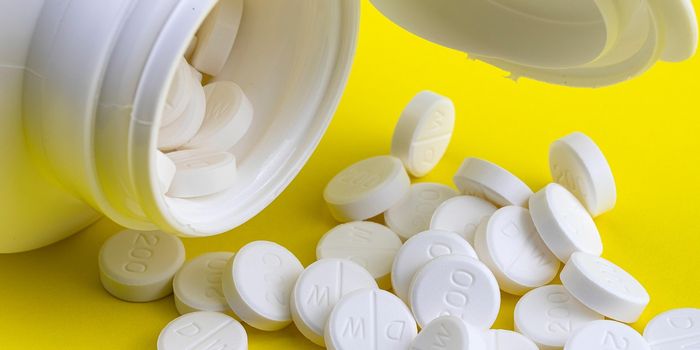Improving Heart Function for People with Duchenne Muscular Dystrophy
Duchenne muscular dystrophy - a rare, genetic, neuromuscular disease that primarily affects males - leads to degeneration and weakness of muscles. The heart, being a muscle, is not spared by this disease. From the Cedars-Sinai Medical Center, researchers offer a new treatment for this disease with an approach never before attempted.
Those diagnosed with Duchenne muscular dystrophy usually begin losing their ability to walk between the ages of 12 and 15, with not many surviving past 25 years. The disease is a result of a genetic mutation that eliminates dystrophin, a muscle protein. Duchenne muscular dystrophy is rare in females because the genetic mutation causing the disease is on the X chromosome, of which females have two and males only have one.
Duchenne muscular dystrophy was first described in the 1860s, and there is still no current treatment to address heart failure in people with the disease.
A new study, the HOPE Duchenne randomized clinical trial, was the first to test cell therapy as a treatment for heart disease in Duchenne muscular dystrophy patients. 25 participants between the ages of 12 and 22 joined scientists from the Cedars-Sinai Medical Center for the trial. Cardiac progenitor cells, which have the ability to grow into mature cardiomyocytes (heart cells), were delivered to twelve randomly-chosen participants. The remaining thirteen participants instead received standard care for their condition, in the form of available drugs such as steroids that slow the loss of muscle strength and other drugs focused on controlling symptoms to improve quality of life.
The results showed improvement in the heart, hands, and forearm function. In the heart, the cardiac progenitor cell treatment improved function by reducing the amount of heart tissue scarring by seven percent.
"These early results show that further research is warranted and, in fact, is being planned,” said primary investigator Ronald G. Victor, MD. Phase II of the clinical trial is already in the planning stages.
"Generally, the primary cause of death in these patients is heart failure,” explained Eduardo Marban, MD, PhD, director of the Cedars-Sinai Heart Institute. “If we can slow or reverse heart failure in Duchenne patients, it will be a step forward."
Sources: Muscular Dystrophy Association, MedlinePlus.gov, Cellular Dynamics International, Cedars-Sinai Medical Center









